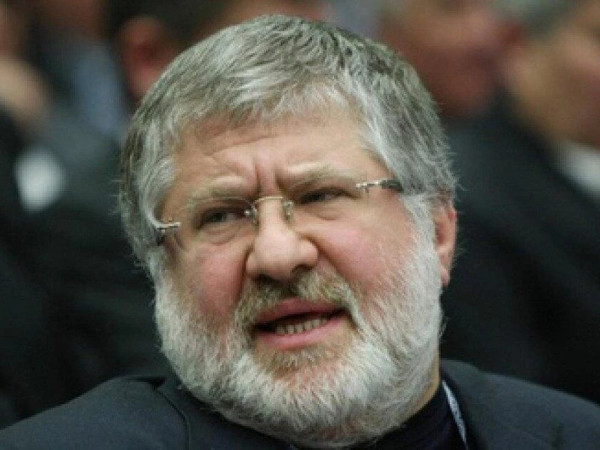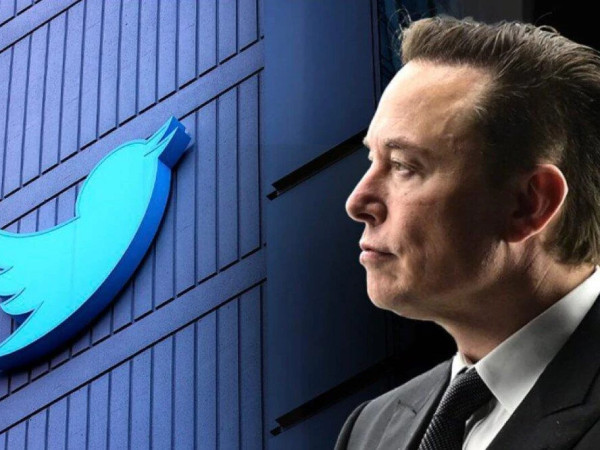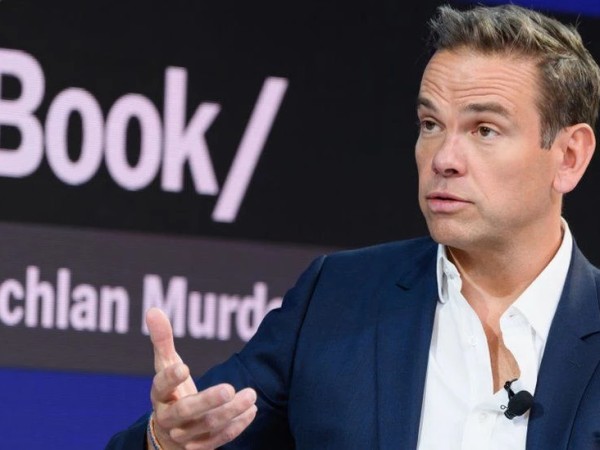Becoming a billionaire is no easy feat and that is why only a limited number of people in the world reach billionaire status. From those that do, not much is made about millennial billionaires, given their extraordinary ability to accumulate such a huge amount of wealth at a relatively young age.
Interested in personal wealth, PhysicalGold.com analyzed the latest data from Forbes to establish which industries in the world have the most millennial (23 – 38 years old) billionaires.
Pursuant to the study, technology is the sector that has the most millennial billionaires with 28. The combined net worth of the 28 tech millennial billionaires equates to an astonishing $254.5 billion.
The finance and investment industry has the next most millennial billionaires with eight and the accumulative net worth of the eight millennial billionaires is $24.6 billion.
The automotive, fashion and retail, healthcare and media and entertainment industries respectively have six millennial billionaires each.
Interestingly, the construction and engineering, gambling and casinos, logistics, sports and telecommunications industries have no millennial billionaires.
Overall, there are currently 78 millennial billionaires in the world and the collective net worth of the 78 millennial billionaires is a colossal $418.6 billion.
The richest millennial billionaire in the world is Facebook CEO Mark Zuckerberg with a sizeable net worth of $97 billion.
In second position is Zhang Yiming, the founder of content media platform ByteDance has a net worth of $35.6 billion.
CEO of work management software Asana Dustin Moskovitz ($17.8 billion) and founder of messaging app Telegram Pavel Durov ($17.2 billion) are among the other millennial billionaires with a net worth of more than $15 billion.
As for the countries, where the 78 millennial billionaires are from the list is as follows: United States (33.3%), China (20.5%), Germany (10.3%), Russia (5.1%), Brazil (5.1%), Hong Kong (5.1%), Denmark (3.8%), Australia (3.8%), Sweden (2.6%), Canada (2.6%), Ireland (2.6%), Norway (1.3%), United Kingdom (1.3%), India (1.3%) and Finland (1.3%).















